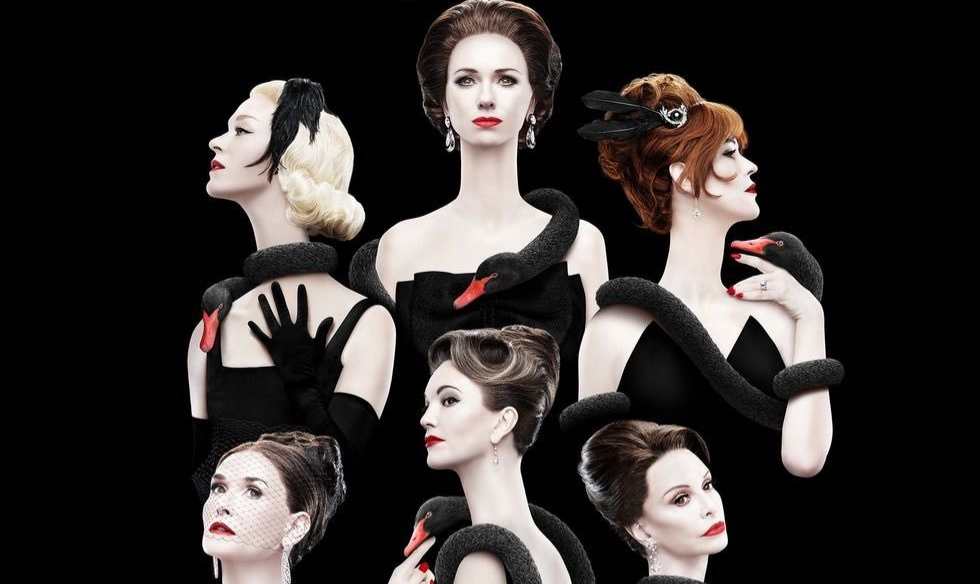Dive into the scandalous world of Truman Capote’s feud with New York’s elite in FX’s ‘Feud: Capote vs. the Swans.’ Uncover the shocking secrets, society drama, and the unraveling relationships in this in-depth analysis of the captivating series.

Truman Capote’s tumultuous relationship with New York’s elite takes center stage in FX’s latest anthology series, “Feud: Capote vs. the Swans.” While promising in concept, the show’s chilly and moralistic tone falls short of delivering the gossipy, stylish drama viewers might expect.
Structured across eight episodes and spanning over seven hours, the series delves into Capote’s fallout with the socialites he once considered friends, primarily revolving around the publication of his revealing story “La Côte Basque, 1965.”
However, instead of exploring the complex themes of discrimination, patriarchy, and cultural shifts, the show’s storytelling feels disjointed and lacks dramatic tension.
The fragmented narrative, which jumps back and forth in time, adds to the confusion, making it challenging to fully engage with the characters and their struggles. Moreover, the show’s condescending tone towards its characters, including Capote himself, detracts from the overall viewing experience.
While Tom Hollander delivers a consistent performance as Capote, the portrayal falls into clichés, failing to capture the depth of the writer’s persona. Similarly, the ensemble cast, featuring Naomi Watts, Diane Lane, Chloë Sevigny, Calista Flockhart, and Demi Moore, struggles to breathe life into their roles, reduced to mere caricatures of the society women they portray.
Despite occasional moments of success, such as fictionalized sequences and episodes exploring Capote’s writing process, “Feud: Capote vs. the Swans” ultimately lacks the poetic aura and sharp observation synonymous with Capote’s own work. Instead, it falls flat, reminiscent of the very writing that landed Capote in trouble in the first place.
